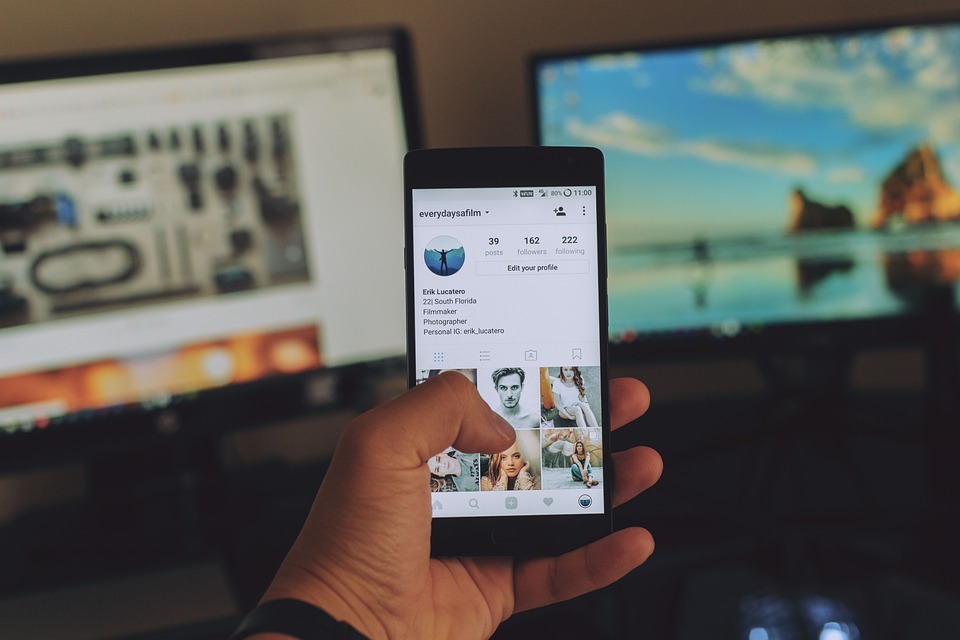Examining Bias and Accuracy in Global Media Reporting
In today’s interconnected world, access to global news is more prevalent than ever before. With the rise of social media and online news outlets, information can quickly spread across continents in a matter of seconds. However, with this increased access to news comes the potential for bias and inaccuracies in reporting. Examining bias and accuracy in global media reporting is crucial in order to ensure that the public is receiving reliable and objective information.
The Role of Bias in Global Media Reporting
Bias in media reporting can take many forms, including political bias, cultural bias, and economic bias. Political bias occurs when a news outlet favors one political party or ideology over another, leading to skewed reporting on political events. Cultural bias involves favoring one culture or group over another, leading to the misrepresentation of certain communities. Economic bias occurs when news outlets prioritize profits over journalistic integrity, leading to sensationalized or misleading reporting.
One example of bias in global media reporting is the coverage of conflicts in the Middle East. Western news outlets often frame these conflicts through a western-centric lens, leading to a biased portrayal of the events. This can perpetuate stereotypes and misunderstandings about the region, ultimately shaping public perception in a negative way.
The Impact of Bias on Public Perception
Bias in global media reporting can have a significant impact on public perception. When news outlets consistently report from a biased perspective, it can shape the way that the public views certain events or issues. This can lead to misunderstandings, stereotypes, and misinformation, ultimately undermining the public’s ability to make informed decisions.
For example, biased reporting on immigration can perpetuate negative stereotypes about immigrants and lead to discriminatory policies. By framing immigrants as criminals or threats to national security, news outlets can stoke fear and division among the public. This can have real-world consequences, such as the implementation of harsh immigration policies or the rise of xenophobic attitudes.
Ensuring Accuracy in Global Media Reporting
In order to combat bias in global media reporting, it is crucial to prioritize accuracy and objectivity. Journalists have a responsibility to report the facts truthfully and fairly, without letting personal biases or agendas influence their reporting. This involves fact-checking, corroborating sources, and providing context for the information being presented.
One way to ensure accuracy in global media reporting is to consult multiple sources and perspectives. By seeking out diverse viewpoints and sources of information, journalists can present a more nuanced and comprehensive picture of events. This can help to counteract bias and provide a more accurate representation of the world.
Another important aspect of ensuring accuracy in global media reporting is to be transparent about sources and potential conflicts of interest. Journalists should disclose any affiliations, financial ties, or biases that may impact their reporting. This transparency can help readers to assess the credibility of the information being presented and make informed judgments about its accuracy.
Challenges in Achieving Bias-Free Reporting
Despite efforts to promote accuracy and objectivity in global media reporting, there are still many challenges to achieving bias-free reporting. One of the main challenges is the consolidation of media ownership, which can lead to a lack of diversity in news outlets and a homogenization of perspectives. This can limit the range of viewpoints being presented and contribute to biased reporting.
Another challenge is the rise of fake news and disinformation, which can spread rapidly through social media and online platforms. Inaccurate information can be intentionally or unintentionally shared, leading to confusion and misinformation among the public. This can undermine trust in the media and make it difficult to discern between reliable and unreliable sources of information.
The Importance of Critical Media Literacy
In order to navigate the complexities of global media reporting, it is essential for the public to develop critical media literacy skills. This involves being able to critically evaluate information, assess sources, and discern bias in reporting. By developing these skills, individuals can become more discerning consumers of news and better equipped to separate fact from fiction.
Critical media literacy also involves being aware of the potential impact of bias in reporting and questioning the motives behind certain narratives. By asking critical questions and seeking out diverse perspectives, individuals can challenge biased reporting and demand more accurate and objective information. This can help to hold journalists and news outlets accountable for their reporting and promote transparency and integrity in global media reporting.
In conclusion, examining bias and accuracy in global media reporting is essential in order to ensure that the public is receiving reliable and objective information. By understanding the role of bias in reporting, the impact of bias on public perception, and the challenges in achieving bias-free reporting, individuals can become more critical consumers of news and better equipped to navigate the complexities of global media reporting. By prioritizing accuracy and objectivity and developing critical media literacy skills, we can help to promote transparency, integrity, and accountability in global media reporting.



